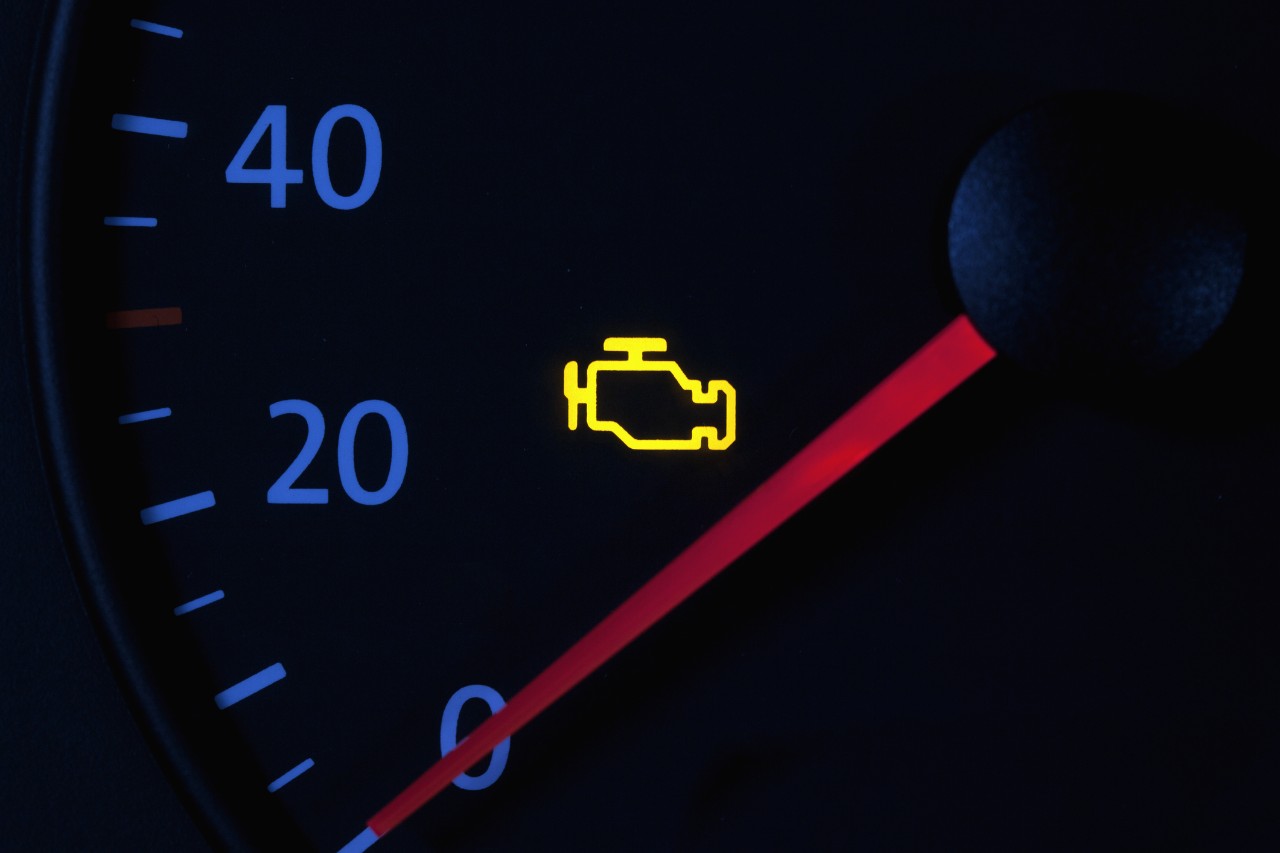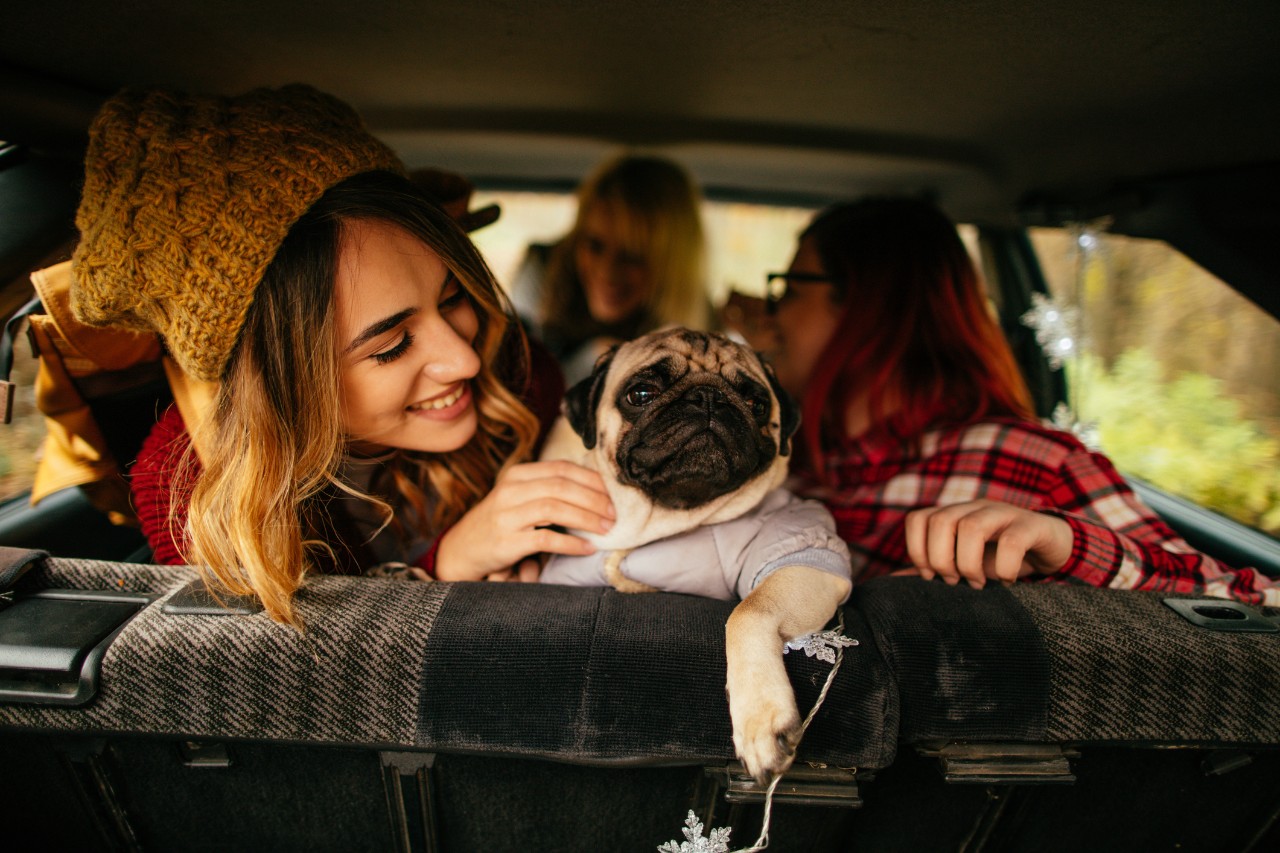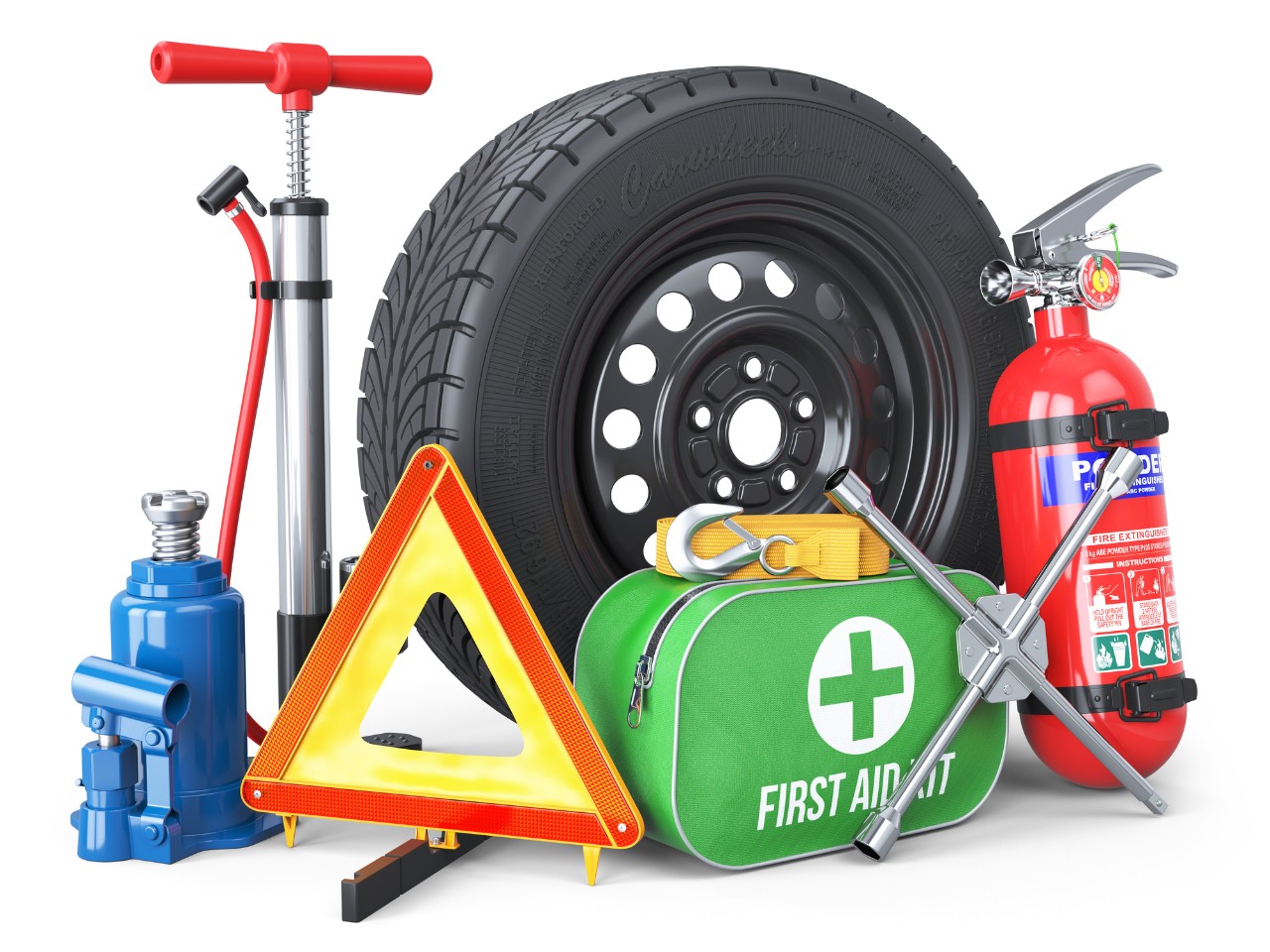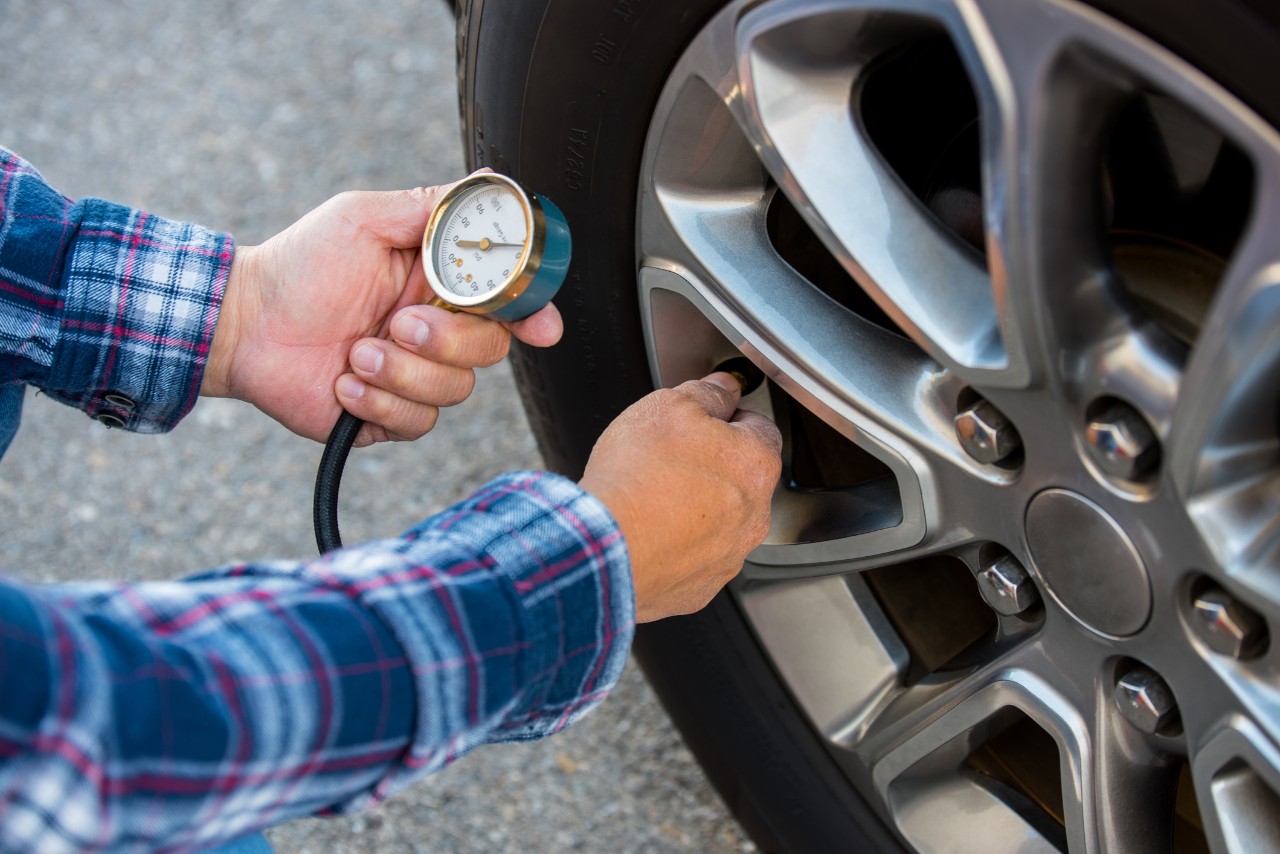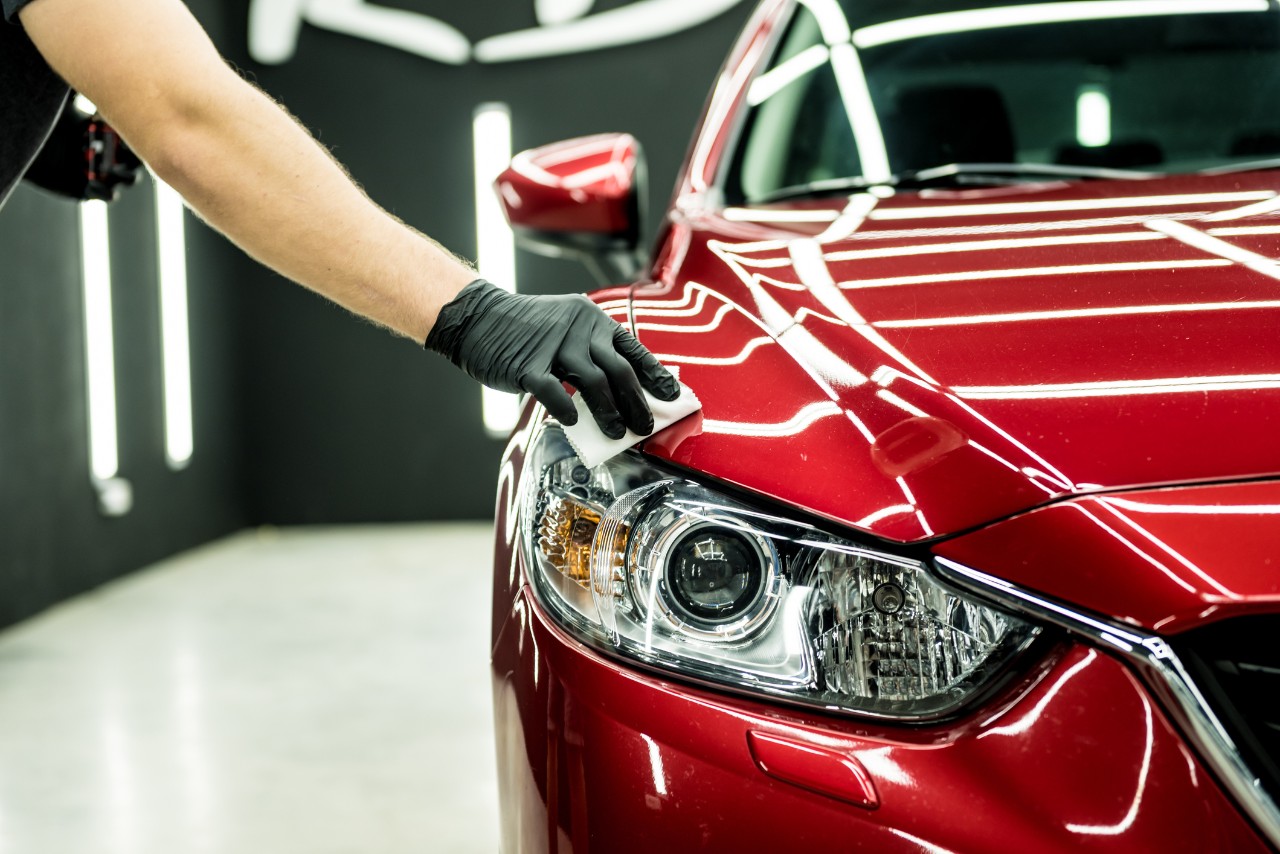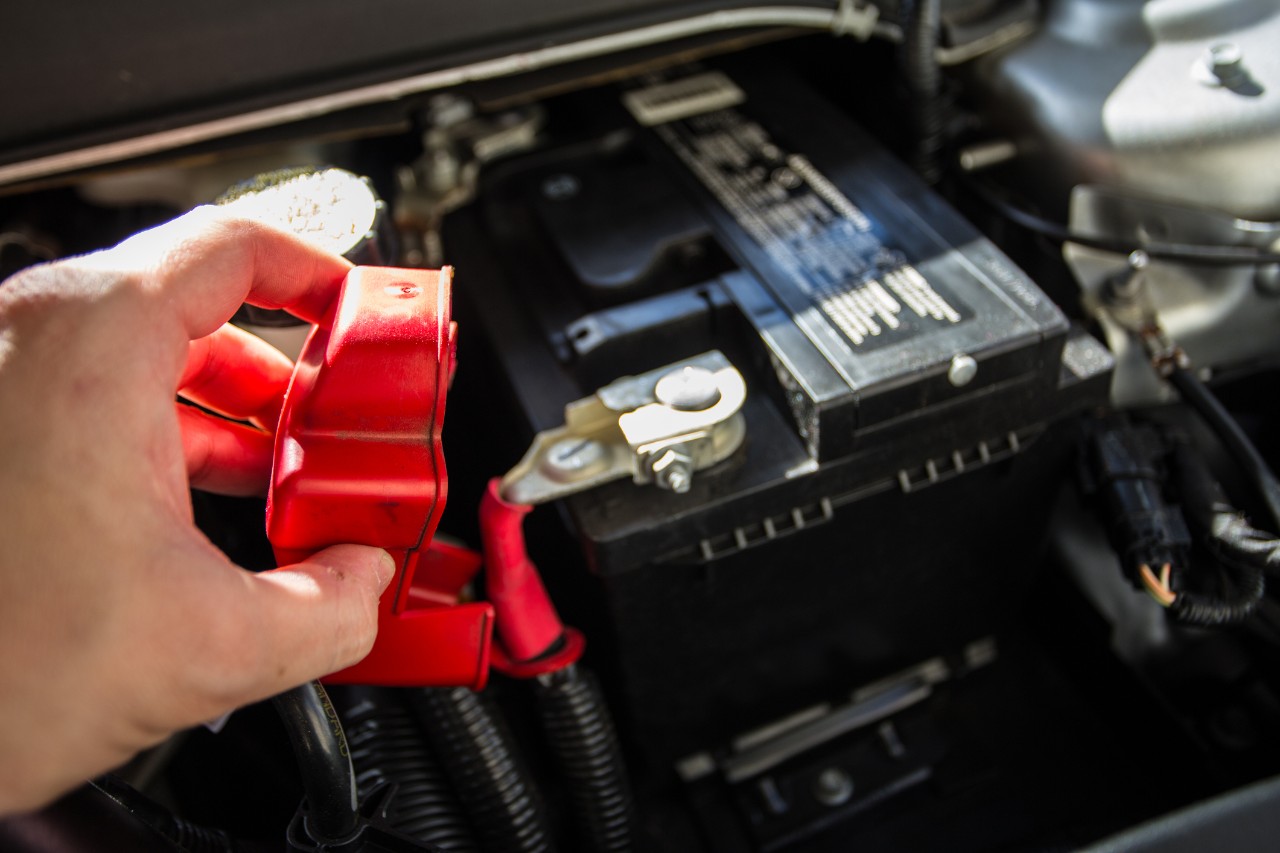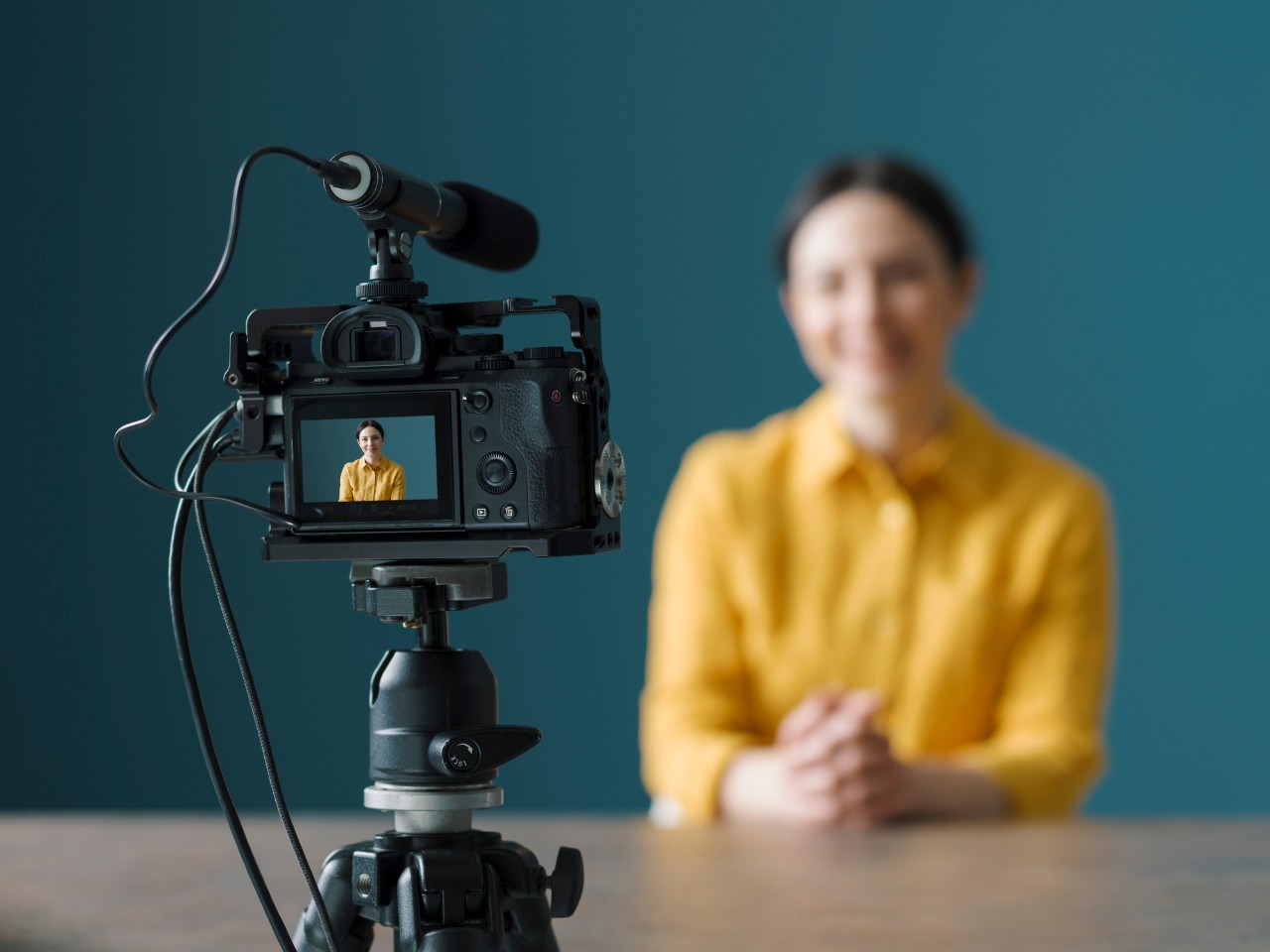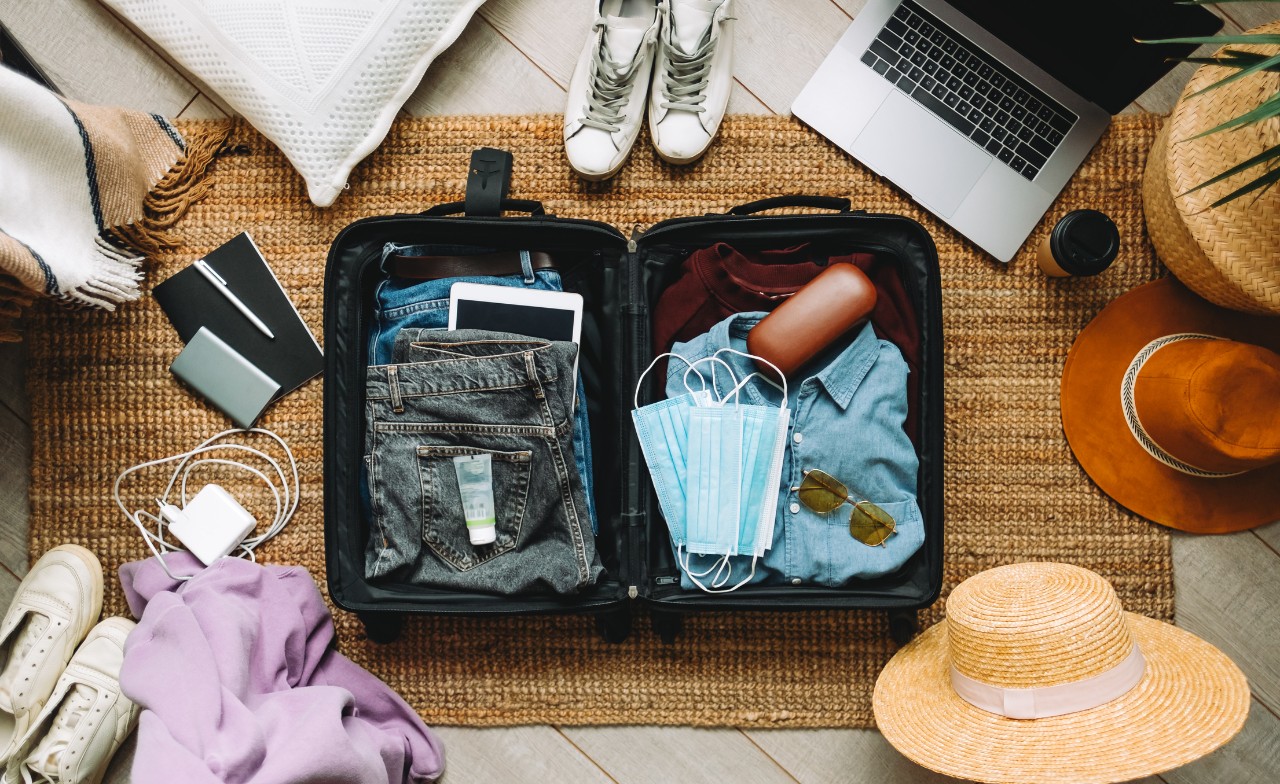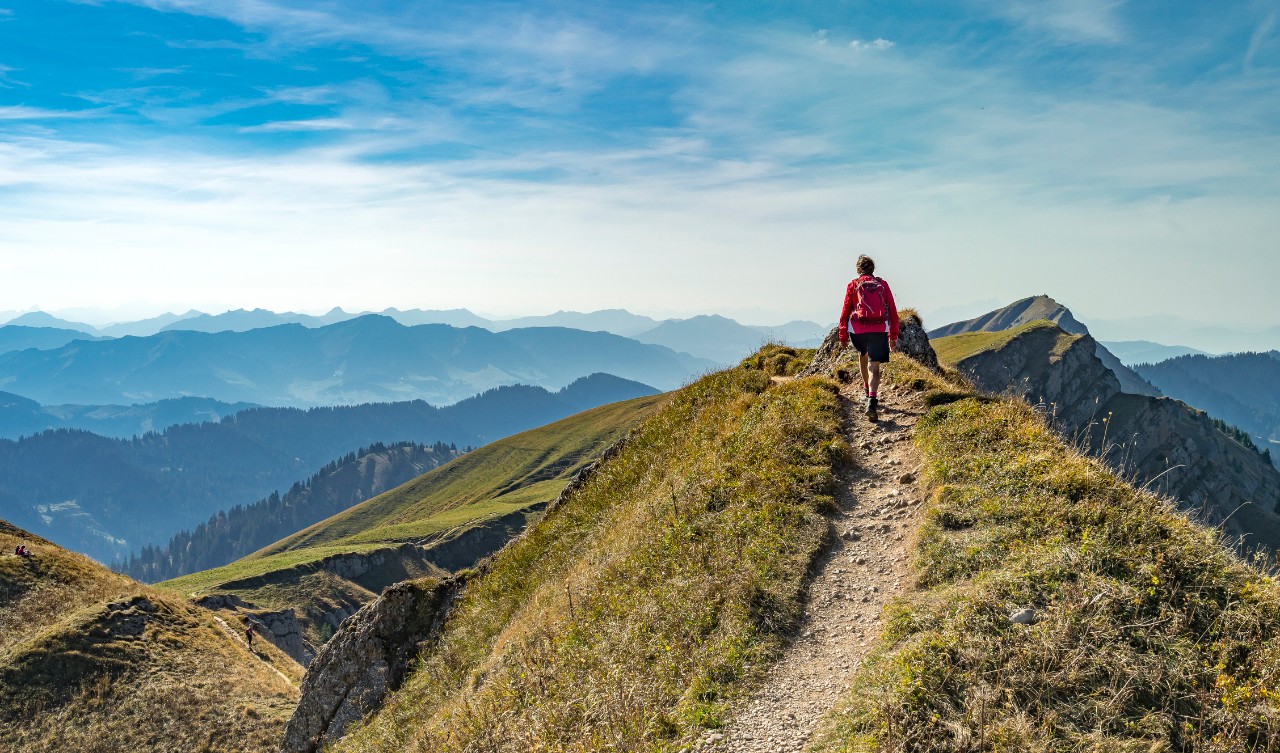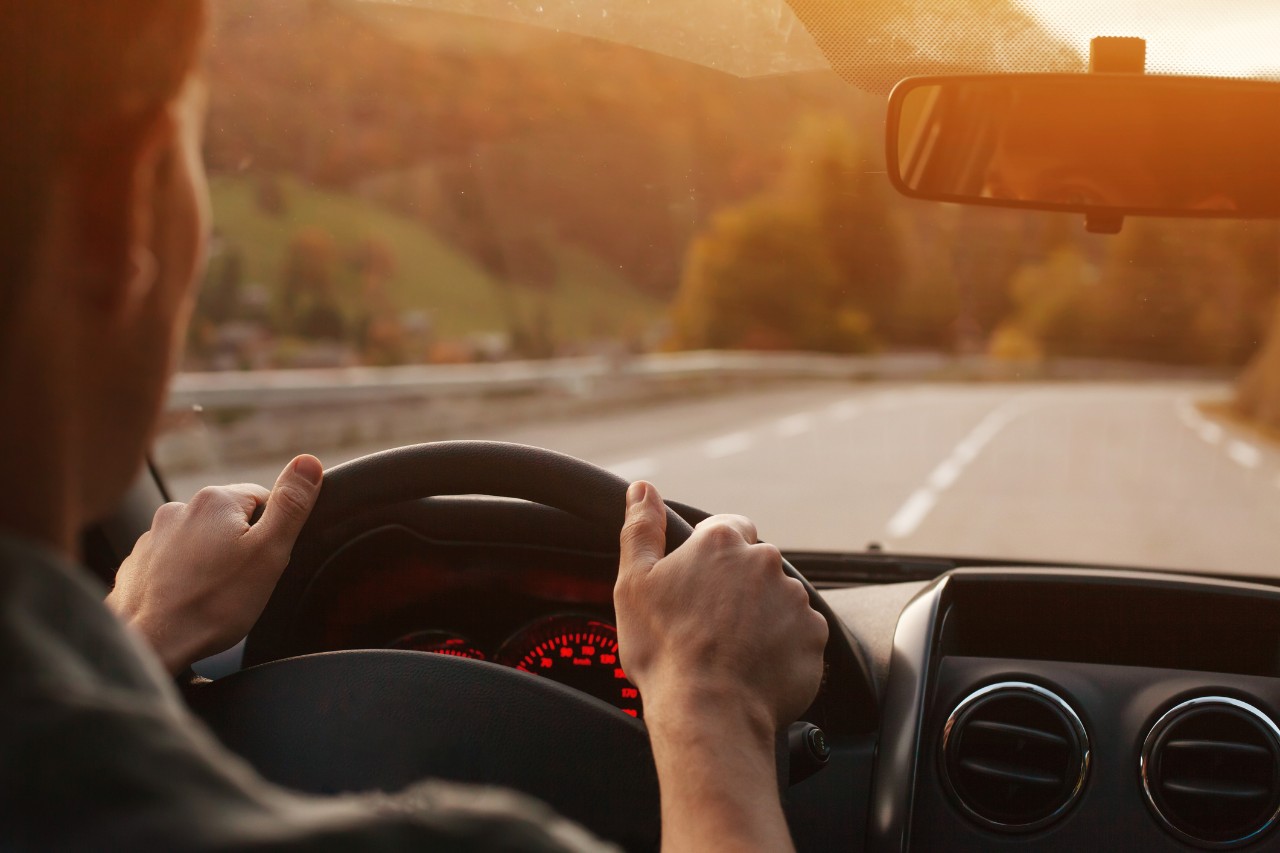1. Don’t forget to periodically check the expiry of items in your first aid kit and always replace the expired ones.
2. Try to buy a first aid manual and keep it in the kit.
3. Store first aid kit away from small children. Because they may play with the items and injure themselves.
4. Store it in a dry place away from sunlight.
5. Carry a special kit for journeys that includes additional items like your family members’ medicines.
6. Place some medicines that are given only in emergency situations, but please discuss this with your doctor before storing them.
7. For journeys, always carry an emergency blanket (of course, not inside the kit as it won’t fit in).
8. Before using a first aid kid, always clean and sanitise your hands and wear gloves.
9. Clean the wound or injury with an anti-septic solution and gently dry the area with gauze pads. Then apply anti-septic cream.
10. In the case of burns, always wash the area with water and gently wipe to dry. Then apply anti-burn cream and cover it, but never wrap tightly.
11. Any insect repellent products should be stored separately in a clipped plastic bag inside the kit as these products are very dangerous for human consumption.
12. Similarly, creams, liquids, oral medicines, instruments, and bandages should be kept separately in plastic bags to avoid any leakage and damage.
13. Even in emergency situations, never give kids the medicines that are only for adults.
14. During a trip, it’s always good to keep a list of prescriptions to avoid any problems at airport check-ins.
15. Moreover, many medicines are not sold without a prescription, so carrying one can help you indeed.
16. Some items are restricted on flights. Hence check with your flight guidelines and place accordingly.
17. Always keep a note of allergies.
18. Try to buy a water-proof box for preparing a first aid kit.
19. If you are carrying any specific medicines for each family member, then place them separately in each plastic bag and label it with the marker.
20. Watch online videos on giving different kinds of first aids. If you find someone dealing with a major situation, you can possibly even save a life.
.png)
.jpeg)


